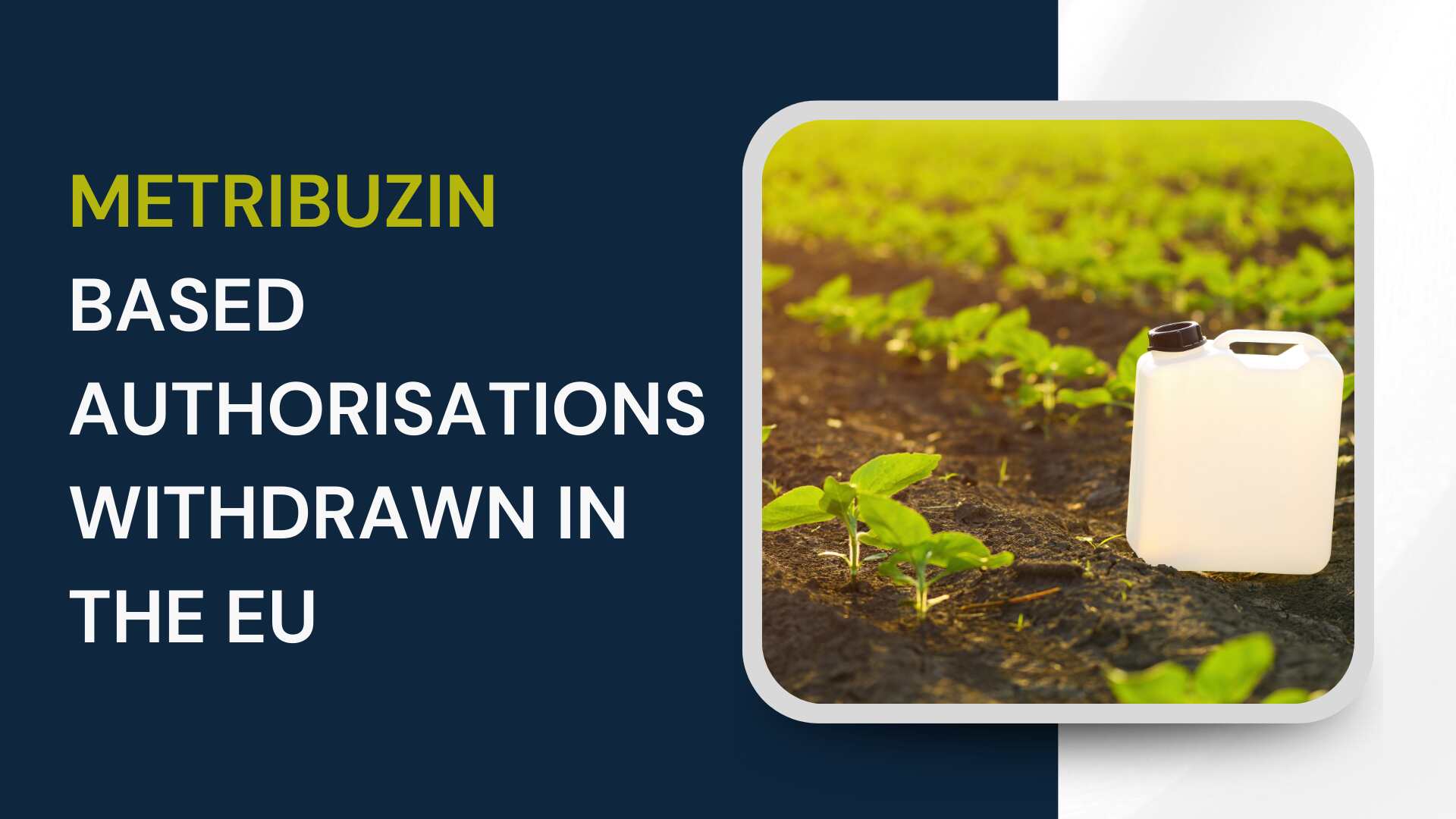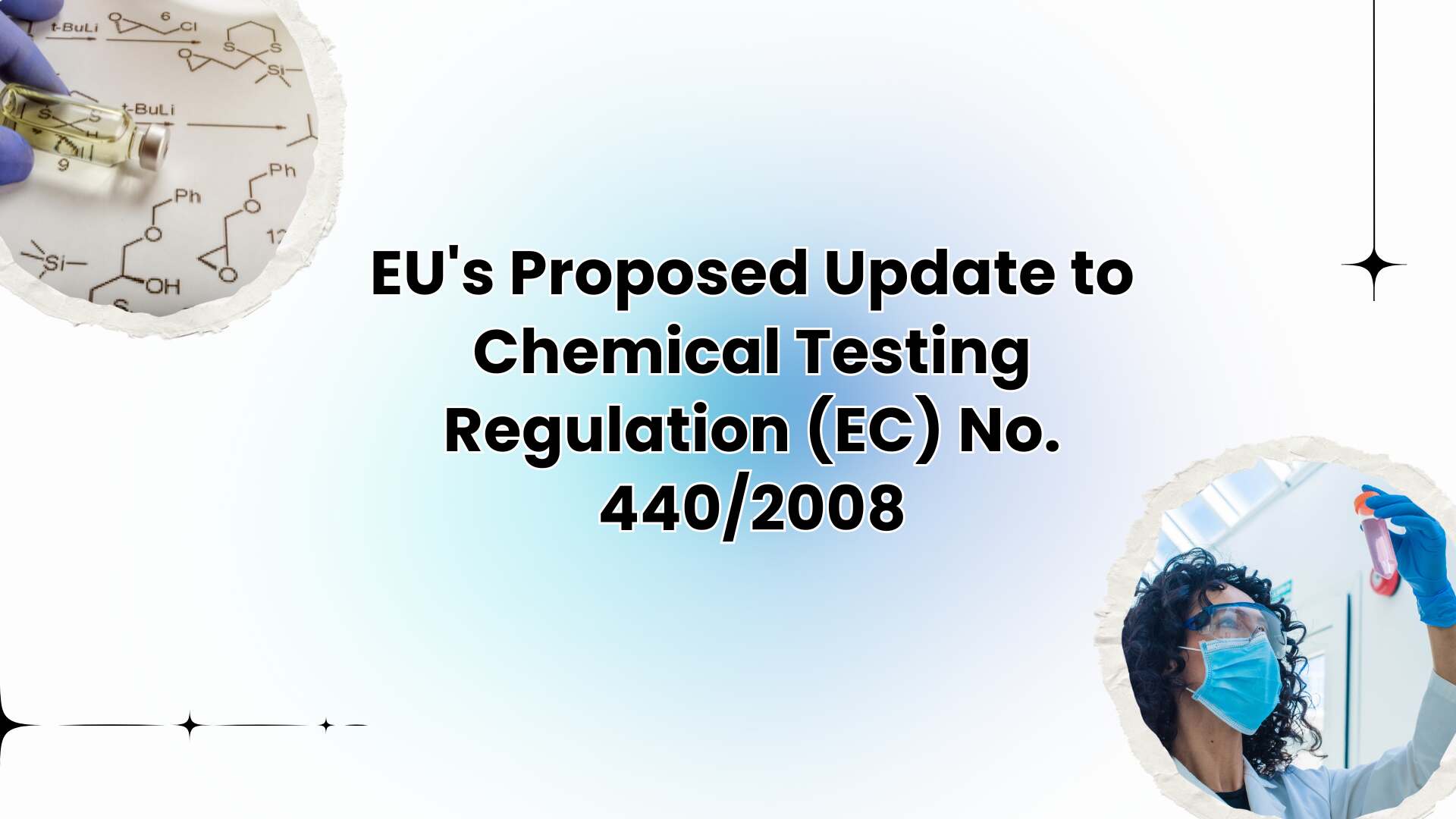The European Union (EU) has decided to revoke clearance for the herbicide metribuzin due to concerns about its possible effects on human health and the environment. Decision of Metribuzin Withdrawal in the EU comes after the European Food Safety Authority’s (EFSA) study, which highlighted the substance’s endocrine disruptive effects and possible hazards to bees. As a result, member states will be compelled to withdraw authorisations for products containing metribuzin within a certain time limit.
Member States shall withdraw authorisations for plant protection products containing metribuzin as an active substance by 24 May 2025.
Any grace period granted by Member States in accordance with Article 46 of Regulation (EC) No 1107/2009 shall expire by 24 November 2025.
Reason for Withdrawal:
The European Union (EU) has chosen not to extend the approval for the active ingredient metribuzin. This decision is based on concerns made by the European Food Safety Authority (EFSA) about possible hazards to human health and the environment, particularly bees.
EFSA’s Concerns:
- Endocrine Disruption: Metribuzin is identified to alter thyroid hormones.
- Human Exposure: Estimates of bystander and resident exposure surpass the standard A(AOEL) value for all typical usage investigated. Consequently, metribuzin cannot be ruled out as having no harmful effects on human health.
- Bee Risk: Exposure to metribuzin exceeds defined limit levels, and studies are inadequate to rule out a significant risk.
Alternative Control Methods:
The European Food Safety Authority (EFSA) has determined that metribuzin is not required to manage a substantial threat to plant health that cannot be addressed through other available ways, including non-chemical approaches. While the herbicide has been used to manage both narrowleaf and broadleaf weeds, EFSA discovered that a variety of non-chemical approaches are available, but they may be less successful or cost-effective than chemical ones.
As a result of this review, the European Union has decided to withdraw metribuzin’s permission, essentially prohibiting its usage in plant protection products.
National authorities across the EU will need to implement the withdrawal of metribuzin-based authorizations and ensure compliance with the specified timelines.









